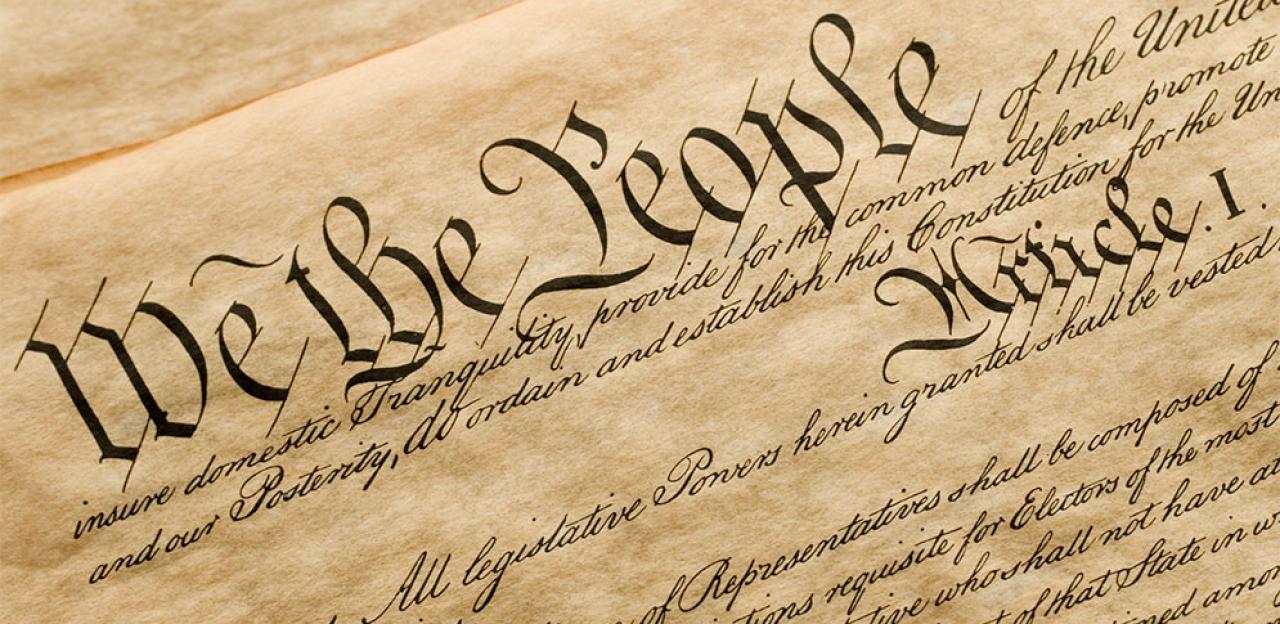The United States Constitution has 27 amendments that hold the fundamental rights that every American citizen has. The Fourteenth Amendment, which holds the Due Process Clause, holds the fundamental right that upheld the original ruling of Roe v. Wade in 1973.
Many Americans question what these phrases exactly mean amidst the overruling of Roe v. Wade in late June 2022. What is the Due Process Clause of the Fourteenth Amendment? How did it uphold the historic ruling of Roe v. Wade? Most importantly, how did it ultimately overturn Roe v. Wade?

The Constitution of the United States of America
The Due Process Clause
The Due Process Clause is stated in the Constitution as, “No State shall make or enforce any law which shall abridge the privileges or immunities of citizens of the United States; nor shall any State deprive any person of life, liberty, or property, without due process of law; nor deny to any person within its jurisdiction the equal protection of the laws.” In a shorter definition, it is the right to privacy.
Upholding Roe v. Wade
In the original ruling of the Supreme Court ruling, the justices declared that a woman’s right to an abortion falls within the boundaries of the right to privacy. The Supreme Court justices of 1973 declared that the right to an abortion was an implied right under the Fourteenth Amendment’s Due Process Clause. Weddington defined the right to liberty by “citing a series of prior cases indicating that the term ‘liberty’ must be interpreted broadly in a free society.”
Overturning Roe v. Wade
Roe v. Wade was overturned by the decision based on Dobbs v. Jackson Women’s Health Organization. In the leak prior to the announcement of the ruling, Justice Samuel Alito drafted that the right to privacy, more specifically, the right to abortions, is not explicitly stated in the Constitution. According to Justice Alito, when fundamental rights are “unenumerated” or “implied,” they are supposed to deeply rooted in the Nation’s history and tradition.” An example of this is the right to raise your child how you deem acceptable. Alito did not see that the history of abortions in the United State fell under this category, which ultimately led to the overruling of Roe v. Wade

Essentially, it all comes down to bias and interpretation. Supreme Court justices are supposed to base their decisions on the Constitution, but regardless, their biases (religion, sex, etc.) is going to reflect their interpretation of the Constitution. Therefore, the ruling and overturning of Roe v. Wade reflects current justices’ interpretation of the Constitution.
It is not a true Constitutional “right or wrong” answer to the question: Should abortions be illegal or legal in the United States of America?